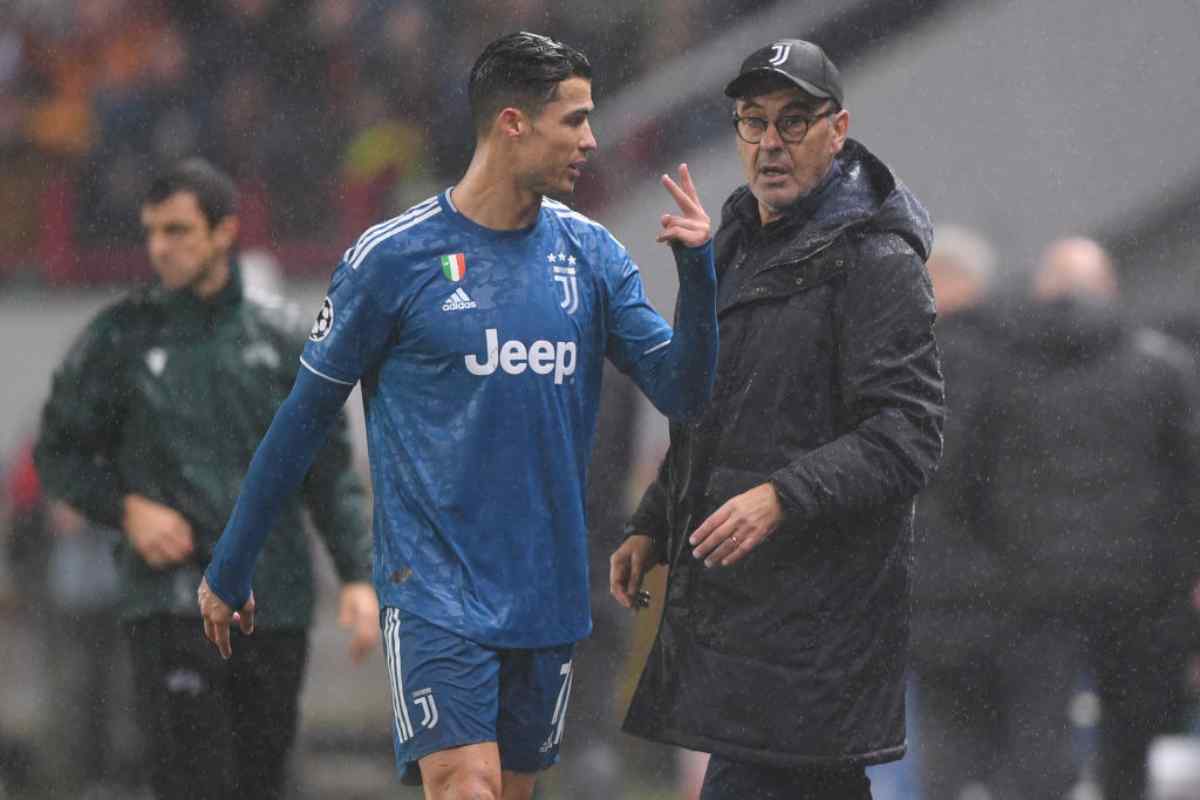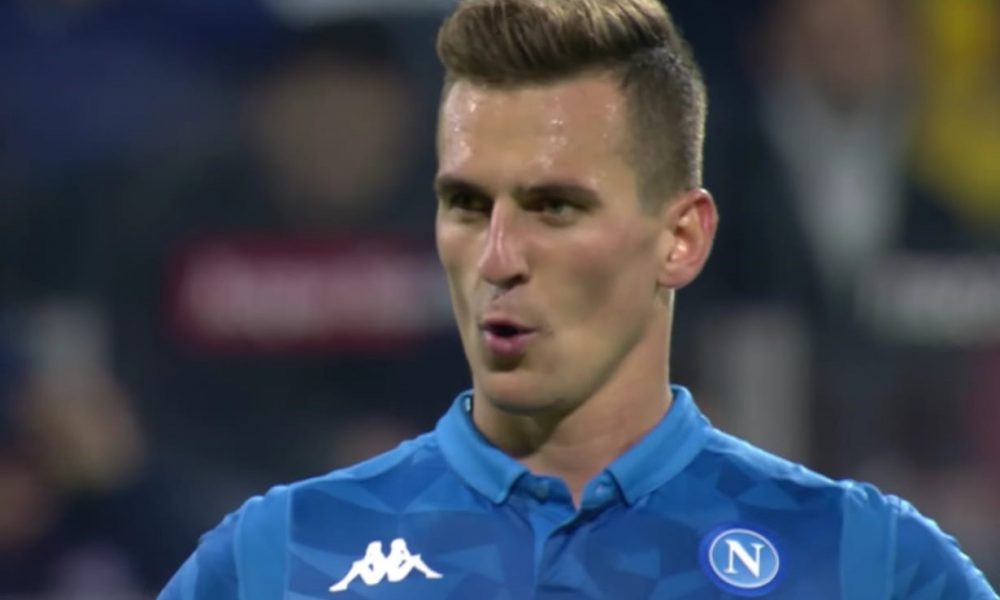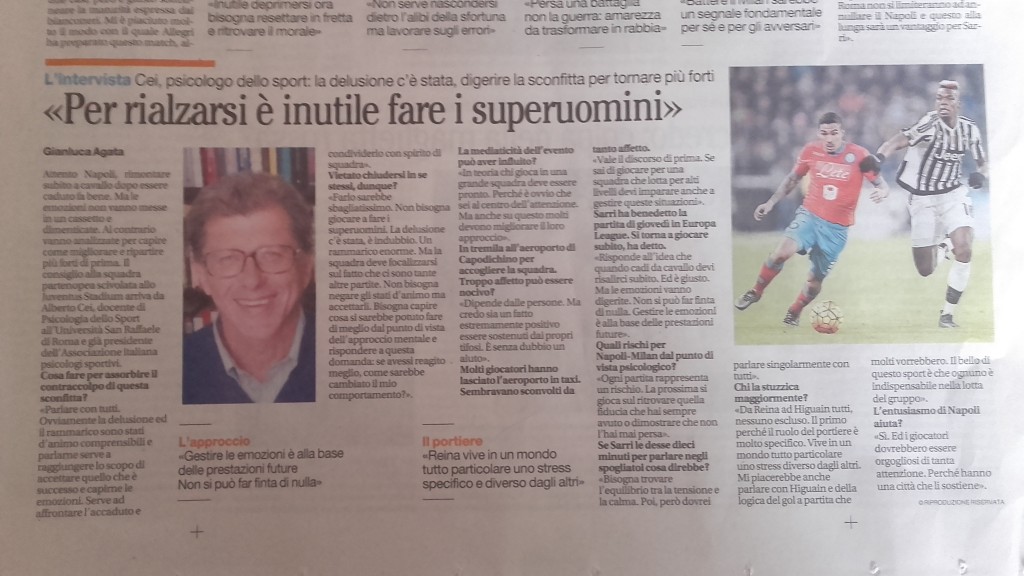Matches are often dominated by the emotions experienced by the two teams and the next championship match between Napoli and Inter will certainly be among them. Inter will field its anger generated by the defeat against Milan while Napoli will field its enthusiasm produced by a series of very positive results. The winner will be the one who will be able to better interpret these moods by putting them at the service of the team’s thinking. What are the risks? When anger is not managed, it doesn’t turn into determination, but expresses itself in impulsive actions in which one moves without thinking, like an engine out of revs that expresses its power in an uncontrolled way with the risk of going off the road. Enthusiasm is a feeling that is experienced with pleasure and supports the optimism needed to face these challenges. The risk is to face the game in a superficial way, to show an excessive self-confidence, thus reducing the ability to respond to situations of competitive tension and pressure exerted by the opponent. On Saturday, emotions will be on the field and also on the bench, and they will participate in determining the final result. In order to express their game, teams will have to make use of these states of mind, which will have to be kept under the control of thought, since the latter capacity can integrate in a few tenths of a second the energy generated by emotions and the decision on how to play. So, emotions and thought are the two key words to interpret what will be seen on the pitch.
Tag Archive for 'Napoli'
Page 2 of 4
Maurizio Sarri, Juventus coach, after the defeat against Napoli, commented:
“We played a bland game from a mental point of view and therefore the offensive phase was also affected. It was a game with low mental energy and bland defensively as well. We lost rightly because we played a bad game; it took us a lot of our time”.
- Humility, sweat and sacrifice have always been the hallmarks of Juventus, which from Trapattoni to Lippi to Allegri has always had coaches who have taken this attitude very seriously. The fact that now in this year it often had mental breaks, it seems to me to be a wake-up call, which it goes beyond the objective fact of continuing to lead the championship and which should be taken more into consideration by Sarri.
“When the situation is what we showed tonight, it’s difficult to change a something or a single player. Mentally the team had little energy. In the final I saw that some players weren’t playing well and we tried with Douglas”.
- Showing little energy in matches that are important for the opponent’s skills and to gain an additional advantage over the opponents should be enough to motivate Juventus. The role of the key players should be a determining factor in supporting a proactive approach to the match, but it seems that this has not happened. And perhaps Sarri is more focused on getting the game he likes rather than stimulating a tough and convincing approach on the pitch. I would say that these characteristics come before any form of tactics. In other words, ideas without the heart are worth little.
“It’s not a trend. These are games where you have to comment little with the players. You have to find great motivation, which is not easy for those who have won so much. These games can help us do that. The difficulty is to maintain the right level of mentality for long periods of time”.
- A bit weak answer, for a coach who wants to be a winner, to say that this approach “is not a trend”. The question is that from these professionals should be expected another quality in the conduct of the game. Intensity, speed and precision are three factors that a team that wants to compete with the big team in European football should always show. I advise Sarri, instead, to talk to the players to find out how to get out of these negative moments, which with Napoli have affected the whole match but they have already appeared for less time in many others.
- This approach explains why it is not enough for a coach to be just a good coach but must also be a leader, who teaches the team to compete to win; to enter the field with the willingness to fight to impose his mentality on his opponents.
“You can’t ever lose control—not when you are dealing with 30 top professionals who are all millionaires,” Ferguson told us. “And if any players want to take me on, to challenge my authority and control, I deal with them.” An important part of maintaining high standards across the board was Ferguson’s willingness to respond forcefully when players violated those standards. If they got into trouble, they were fined. And if they stepped out of line in a way that could undermine the team’s performance, Ferguson let them go. In 2005, when longtime captain Roy Keane publicly criticized his teammates, his contract was terminated. The following year, when United’s leading scorer at the time, Ruud van Nistelrooy, became openly disgruntled over several benchings, he was promptly sold to Real Madrid.
Responding forcefully is only part of the story here. Responding quickly, before situations get out of hand, may be equally important to maintaining control.
Ferguson: If the day came that the manager of Manchester United was controlled by the players—in other words, if the players decided how the training should be, what days they should have off, what the discipline should be, and what the tactics should be—then Manchester United would not be the Manchester United we know. Before I came to United, I told myself I wasn’t going to allow anyone to be stronger than I was. Your personality has to be bigger than theirs. That is vital.
There are occasions when you have to ask yourself whether certain players are affecting the dressing-room atmosphere, the performance of the team, and your control of the players and staff. If they are, you have to cut the cord. There is absolutely no other way. It doesn’t matter if the person is the best player in the world. The long-term view of the club is more important than any individual, and the manager has to be the most important one in the club.
Some English clubs have changed managers so many times that it creates power for the players in the dressing room. That is very dangerous. If the coach has no control, he will not last. You have to achieve a position of comprehensive control. Players must recognize that as the manager, you have the status to control events. You can complicate your life in many ways by asking, “Oh, I wonder if the players like me?” If I did my job well, the players would respect me, and that’s all you need.
I tended to act quickly when I saw a player become a negative influence. Some might say I acted impulsively, but I think it was critical that I made up my mind quickly. Why should I have gone to bed with doubts? I would wake up the next day and take the necessary steps to maintain discipline. It’s important to have confidence in yourself to make a decision and to move on once you have. It’s not about looking for adversity or for opportunities to prove power; it’s about having control and being authoritative when issues do arise.”
Sarri problems in the management of Ronaldo and those of Ancelotti with his team and his president highlight how it’s difficult in these moments to remain optimistic, satisfied and determined rather than pessimistic, dissatisfied and distressed. The question is: how to maintain this attitude during the evolution of the crisis situation.
This stress does not come so much from the results but refers to the stress of managing the players, from misunderstandings arising during the work and from having to negotiate with their players.
We know that what differentiates a coach who manages these experiences from another who, on the contrary, is chocked by them, it is in the way of dealing with situations perceived as stressful.
One question to answer is: “How can I show myself convinced that we will be able to get out of this crisis or that my choices are the right ones?” In football, if we don’t believe we have everything we need to be able to achieve our goals, it’s almost certain that we won’t achieve it. It’s like saying to our opponents: “Today we’ll give you some of our confidence to win, we’d rather remain insecure. So the lesson is as follows: accept the challenge and play with the confidence we can do it till the final whistle. Players are taught to chase even the balls that are impossible to catch, the same for the coach because we must never leave the idea that nothing is impossible.

Interesting interview at Carlo Ancelotti on ilnapolista, read it.
Here some ideas:
Pochi minuti di conversazione e siamo già a mai fuorigioco e a un elogio dell’Atletico Madrid. Allora, in riferimento al match di Champions con la Juventus, gli riferiamo dell’ardore di Fabio Capello nell’opporsi all’equivalenza Simeone-brutto calcio.
«L’Atletico Madrid non gioca male, ti fa giocar male. Non ti fa giocare come tu vorresti. Per tanti motivi. Innanzitutto perché sono molto ben organizzati. Ma anche per la loro struttura psicologica. Sono molto aggressivi in tutte le situazioni. Anche con l’arbitro. Nel tempo, sono migliorati. Adesso giocano più a calcio, anche se giocano un calcio che possiamo definire diverso dalla normalità. Cercano molto la sostanza e poco l’estetica.
A lei piace?
«Sì – la risposta è secca -, è un calcio che mi piace».
A questo punto insistiamo: le piacerebbe che il suo Napoli giocasse come l’Atletico Madrid?
«Io credo che alla fine la qualità del gioco paga sempre, però la qualità del gioco deve essere supportata da tanti altri valori altrettanto importanti che sono la determinazione, la cattiveria in certe circostanze, la personalità, la responsabilità che uno si deve prendere. Quella che voi a Napoli chiamate cazzimma. Mi piacerebbe un Napoli così».
In the last minute of the match in Serie A the Milik’s goal to Cagliari is a perfect example of what does it mean be focuses on the task. First, the player takes a breathing to relax the body and second, he looks at the gate to reach the attentional peak, and some instance later kick the ball extremely well. With this shot Napoli won the match
Carlo Ancelotti is the new coach of Napoli, his goals and how he will work are already fairly well described in his philosophy of work and which differentiates it significantly from Sarri:
- Educate the team to pursue victory through a creative and offensive game
- Encourage the development of a positive work environment
- Build a strong team spirit by stimulating a large capacity for sacrifice and mutual commitment
- Support the individual sense of responsibility (assessed on the basis of the actions and behaviors)
- Protect the tradition and the principles of the club
- Work to give continuity to the successes of the club
- Compete for all important trophies
- Build a clear identity and a style of play which take account of the club’s tradition
- Build good relationships between the various work teams
Napoli vs Manchester City match teaches us that the fear of the opponent can become numbing experience.
My question is: during the week, instead of spending so much time just talking about game plan, it wouldn’t it be more useful to address the issue of crippling fear and strength? And, of course, establish and train the attitude to play these games.
Play schema are required but, if the players have not learned to use their mind constructively, they are only one way to find out how you should play. The penalty miss from Napoli is another example of what happens when the fear dominates the mind.
Following the analysis of the match Real Madrid-Napoli we can highlight the following mental errors of Napoli. A team is ready to play at a high level if:
Leaders lead the team – Hamsik did it for too little time at high level, as well as other main players.
It’s concentrated in a positive way – Napoli appeared to just concentrate and insecure in follow the instructions of his coach.
Players are determined – Napoli lost too many balls at the beginning of the new actions, too many individual mistakes. These are signs of excess tension.
It manages the high expectations that are created for the decisive matches – Instead players choked with these expectations of glory that have reduced the effectiveness of their game. Real Madrid went down but this team knew how to get out the game. Napoli went ahead but it couldn’t handle this positive momentum.
It’s convinced to be able to win – you can win or lose but it must be cultivate tirelessly the belief that you will win if you follow the game plan. Napoli has probably shown this habit at a medium level but high expectations require high levels of physical, mental readiness, persistent toughness and high intensity match last 15m.






